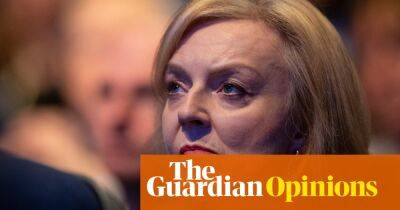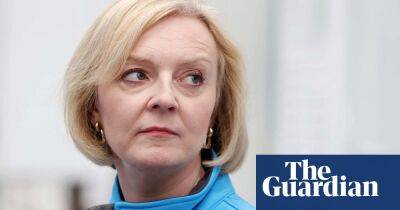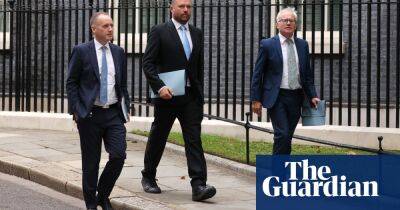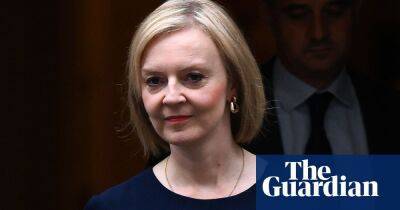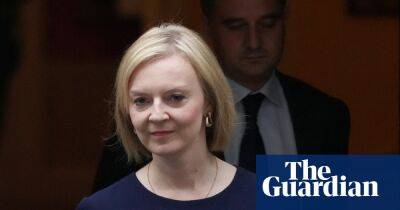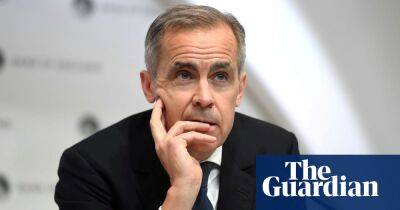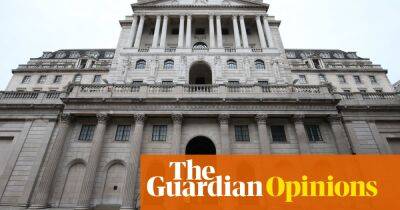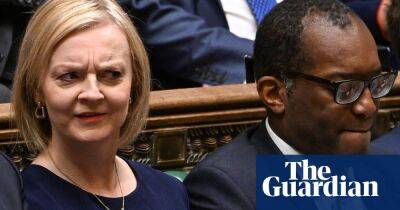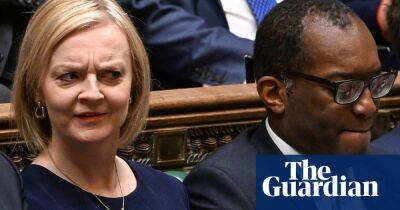The Observer view on Liz Truss’s disastrous ‘fiscal event’
The first major fiscal intervention by a new prime minister has surely never been greeted with such widespread disdain. Less than three weeks into Liz Truss’s premiership, her new chancellor, Kwasi Kwarteng, announced the biggest programme of tax cuts in half a century, one that will benefit the very wealthiest while adding tens of billions to the national debt. The market reaction was instantaneous: the pound dropped to its lowest level against the dollar since 1985. The “growth plan” was rubbished by thinktanks such as the Institute for Fiscal Studies. Backbench Conservatives lambasted the plan as “economically dubious”. And Larry Summers, the former US Treasury secretary, accused the UK of behaving like an “emerging market turning into a submerging market”.
Those are just verdicts on the substance of Friday’s remarkable announcements. The UK economy is suffering as a result of the global energy price shock and a decade of poor productivity growth, made worse by erecting huge barriers to trade with the EU. These circumstances are making everyone poorer, with particularly deleterious consequences for low-income households with children, people with disabilities and poor pensioners. What is desperately needed is urgent support targeted at the hardest-hit households, plus the investment in skills, infrastructure and business finance to rebalance the economy away from growth based on consumer spending, fuelled by rising house prices, and towards business investment and exports.
Instead, Kwarteng has announced a set of tax cuts that channel huge gains to the very richest and a scattergun plan for deregulating the economy. Despite the fact that this is a hugely significant fiscal intervention, he has prevented the independent
Read more on theguardian.com

